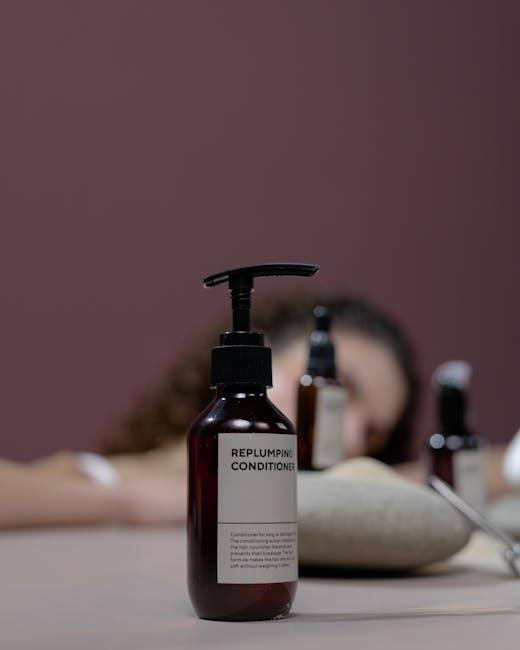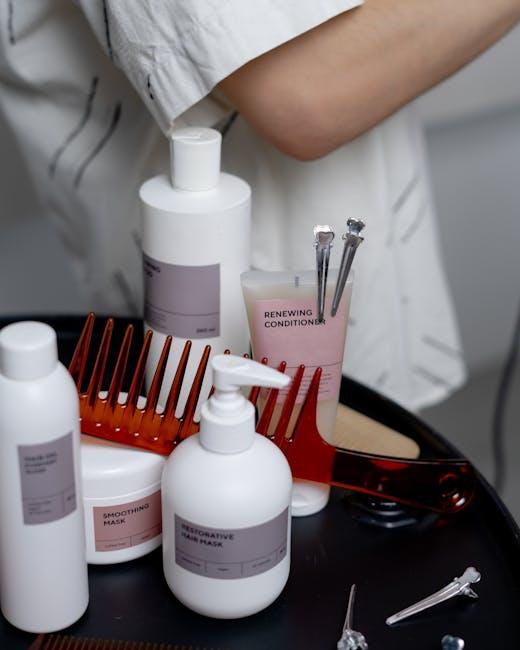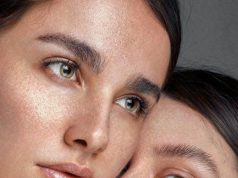In the vast and vibrant world of hair care, where trends ebb and flow like the tides, one question has been quietly bubbling to the surface: Are silicone-free hair products better? As consumers become more ingredient-savvy and eco-conscious, the allure of silicone-free options is gaining momentum. These products promise a more natural approach to hair health, free from the synthetic sheen that silicones famously provide. Yet, amidst the buzz, a deeper exploration is warranted. This article delves into the heart of the debate, unraveling the science, the myths, and the experiences of those who have embraced the silicone-free path. Join us as we navigate the strands of this hair care conundrum, seeking clarity in the quest for the ultimate hair care regimen.
Silicone-Free Hair Products: Understanding the Basics
When venturing into the world of hair care, understanding the nuances of silicone-free products can be enlightening. Silicones are commonly used in hair products to provide a smooth, shiny finish, but they can sometimes weigh hair down or lead to build-up over time. Silicone-free alternatives aim to offer the same benefits without these potential drawbacks, often using natural oils and extracts to nourish and enhance hair’s natural texture.
- Lightweight Feel: Without the heaviness of silicones, hair can feel lighter and more voluminous.
- Build-up Prevention: Silicone-free products help avoid the residue that can accumulate with regular silicone use.
- Enhanced Hair Health: By relying on natural ingredients, these products can support overall hair health, making them a preferred choice for those seeking a more organic approach.
While some users miss the immediate sleekness silicones provide, others appreciate the long-term benefits of silicone-free formulations. Ultimately, the choice hinges on individual hair needs and preferences, making it essential to explore and experiment with different products to find the perfect match for your tresses.

The Science Behind Silicones and Hair Health
Silicones have long been hailed as miracle workers in the realm of hair care, offering a silky, smooth finish that many desire. These synthetic compounds form a protective coating around each strand, acting as a barrier against environmental damage while sealing in moisture. Some common silicones found in hair products include dimethicone, cyclomethicone, and amodimethicone. They are celebrated for their ability to provide shine, reduce frizz, and improve manageability. However, their water-resistant nature can sometimes lead to buildup, making hair feel heavy or greasy over time.
On the flip side, the rise of silicone-free hair products highlights a shift towards more natural formulations. Enthusiasts argue that avoiding silicones can lead to healthier hair in the long run, as these products often incorporate nourishing ingredients that promote genuine hair health. Benefits of silicone-free options include:
- Improved scalp health: Without the barrier silicones create, the scalp can breathe better and absorb nutrients more effectively.
- Enhanced hair texture: Users often report a more natural feel and movement in their hair.
- Environmental consciousness: Many silicone-free products align with eco-friendly practices, avoiding non-biodegradable ingredients.

Exploring the Benefits and Drawbacks of Going Silicone-Free
Transitioning to silicone-free hair products has become a popular choice among beauty enthusiasts, and it’s easy to see why. Silicone-free formulations often claim to provide a more natural and breathable environment for your hair. They can help avoid the build-up that silicones might cause, which some believe can weigh down hair and make it appear dull over time. Additionally, those with sensitive scalps or a penchant for natural ingredients may find these products less irritating, offering a gentler care routine.
However, going silicone-free isn’t without its challenges. Some potential drawbacks include the initial adjustment period where hair might feel less smooth or manageable, as silicones are known for their ability to create a sleek and shiny finish. There’s also the consideration of hair type; individuals with very curly or textured hair might miss the detangling benefits silicones provide. Ultimately, the choice depends on personal preference and hair needs, making it crucial to weigh both the benefits and the potential inconveniences before making the switch.

Expert Recommendations for Choosing the Right Hair Care Products
When selecting hair care products, it’s essential to understand your hair’s unique needs and how different ingredients can affect it. Experts suggest examining product labels closely and opting for formulations that cater specifically to your hair type and concerns. For fine hair, lightweight, volumizing shampoos and conditioners can prevent your strands from feeling weighed down. Curly or textured hair often benefits from moisture-rich products that define and enhance natural curl patterns.
Consider the ingredient list as a roadmap to healthier hair. Silicone-free products are often recommended for those seeking a more natural approach, as they can prevent build-up and allow your hair to breathe. However, silicones are not inherently bad; they can provide a sleek, shiny finish and are excellent for taming frizz. Dermatologists often recommend looking for products with nourishing oils like argan or jojoba, as well as proteins like keratin for strengthening. Ultimately, the right choice depends on your individual hair needs and styling preferences.





























